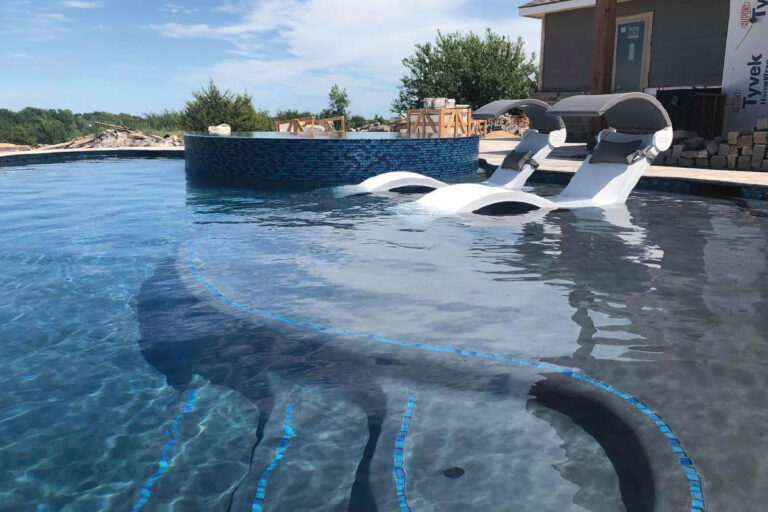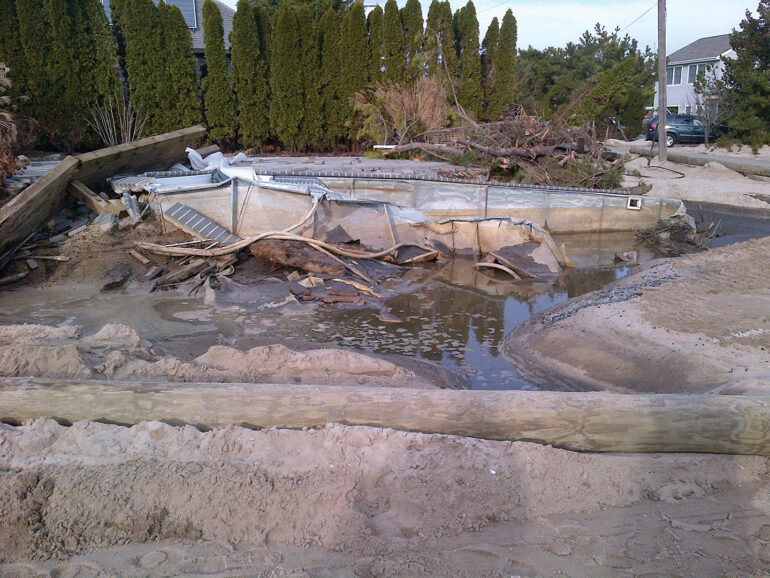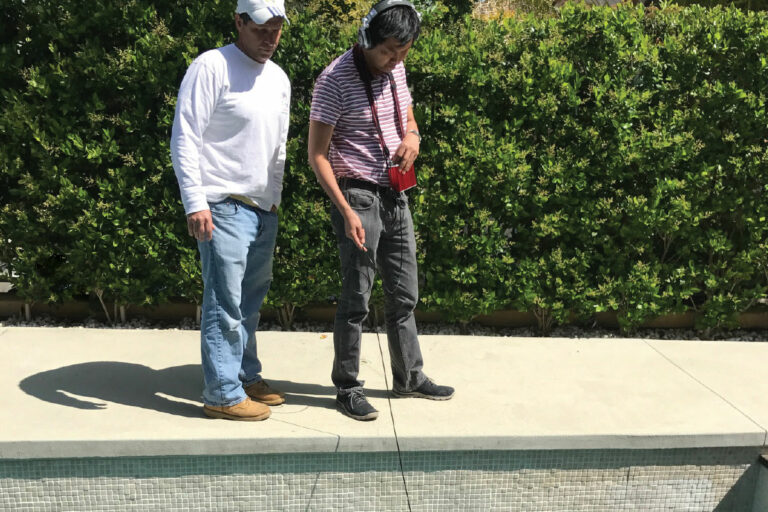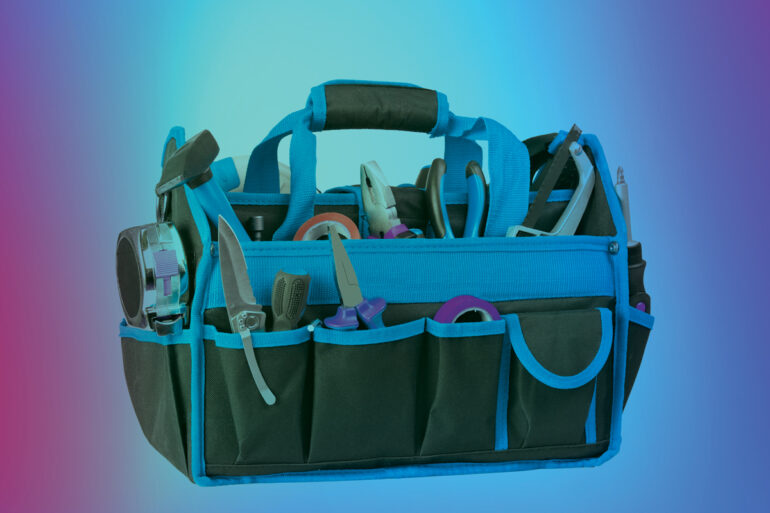Selling Pool Routes

Sometimes, life gets in the way. Things change and you have to adapt. Growth happens and you have to make room. • Sometimes, you need to sell some of your pool routes. • Whether motivated by retirement, a shift in your business focus or an unexpected illness, there may come a time when you’ll need to sell in order to adjust for life’s new direction. Take it from the experienced and the experts, this isn’t a task you want to undertake without a bit of foreknowledge to guide you.
A Seller’s Motivation
David Allen, owner of Allen Pool Service and Supply in San Jose, Calif., sold pool routes four times over the last 15 years, with the best possible motivation: his business focus shifted and he needed to make room. “We were expanding our business to cover remodeling and that’s mostly what we do now,” Allen says. “As that side of the business began to increase over the years, it was harder to maintain the service side.”
Paul Grogger previously owned Carefree Pool and Spa. Unfortunately, his motivation for selling his pool route business this past November — right down to the company name and phone number — was because he received a diagnosis of lung cancer. While his condition and spirits are good, selling was the only option. “I physically couldn’t do the work anymore,” he says. “My situation was so time sensitive and I couldn’t keep letting the IPSSA guys continue to cover my routes — I didn’t like the burden on them.”
Maria Passantino, a real estate broker for Pool Route Brokers, counts these instances as among the most common selling motivators. “Most people who are selling are either moving, have a health issue, they’re consolidating their routes or retiring,” she says. “Any owner should consider consolidating and selling outer routes so your route can be closer to home. Gas and chemical prices are going up, so this is a good option.”
Personal Sale Versus Broker
While the reason for the sale is important, Passantino also explains that you must first have something worth selling for it to work to your benefit. “The main thing would be how many accounts they want to sell,” she says. “You can’t just sell one account. Typically, you need to sell at least 20 or more.”
With that in mind, the next thing to consider is how you should sell your routes. Two options are available: through a personal sale or with the assistance of a pool route broker. Three of Allen’s four sales were through a broker and, having experienced both options, he recommends using a broker over a personal sale. “It’s a little riskier selling it yourself,” Allen says. “Using a broker gives you much better protection because they have rules that the buyer has to abide by.”
Charles Baird, owner of Pool Route Sales, agrees. “The most important part is, don’t do it yourself,” he says. “I know that sounds self-serving, but it isn’t. You can’t imagine how many people will call me and say they sold routes on their own and won’t do it again because they had no intermediary to resolve issues.”
Among the problems that Baird mentions with a personal sale is failure to have the proper paperwork. He likens it to selling your home: you’re going to use a real estate agent in most cases in order to get the best results and protect yourself contractually. “It’s the same with commercial property — find the best in the field and hire that guy.”
Another problem Baird mentions is pool service companies that sell routes privately end up unintentionally putting a downward pressure on the price and depreciating the value of the industry. A pool broker, on the other hand, will try to add value to the industry if he’s any good. “When someone sells himself, he may not know the value and determines a number that may be inaccurate,” Baird says. “We actually just lost a transaction because a guy called around and others were telling him to pay three times the monthly service rate, and that hasn’t been the value in years.”
Pool route brokers aren’t the cheapest option, as experience tells Grogger, but that doesn’t mean a private sale is better. He worked with Arizona Pool Routes to manage the sale of his business and appreciates that they did all the work so he didn’t have to, including qualifying the buyer and putting the contracts together. The buyer paid 12 times the monthly service rate for the route. “I received 10 times and the broker received two times for their commission,” he says. “I’ll admit it was a pretty hefty commission, but they got me top dollar and were very professional, quick and efficient, so I suppose you pay a little more for that.”
That being said, Grogger did find one part of the broker process that made him somewhat uncomfortable. His buyer lost five to six pools during the transfer. “I had to reimburse the gentleman who bought the pools 12 times the monthly service rate, but I only received 10 times,” he says. “The broker didn’t have to give up his percentage. And there was no provision in my contract for certain circumstances being a deterrent for me not having to pay.”
The Broker Process
Should you decide to utilize a broker for your pool route sale, it’s important to familiarize yourself with the process. Pool Route Brokers and Pool Route Sales both require the seller to fill out a questionnaire right from the start, including information on the monthly gross service billing and the nature of the route. Then the companies list their route and search for a qualified buyer. Average terms for the seller through a broker include:
— A set net sum payout, typically all cash and no terms
— 30 days of on-route training provided to the buyer
— Signing of a contractual non-compete agreement for those pools in the sold route
— 90 day guarantee that all accounts transfer for the buyer or reimbursement provided (either monetarily or with another pool customer)
— A portion of the sales price — usually 10 percent — held in escrow until the 90 days expires to cover any necessary reimbursement to the seller for lost customers
Brokers typically do a background check on a buyer and the buyer’s existing business (when applicable) before even introducing him to the seller. Once they find an acceptable buyer, the transaction begins. “We send a purchase form out to the buyer and, when he signs that and provides a deposit, we set up a meeting to look at the seller’s books and billing history together,” Passantino says. “From there, we set up an escrow and start the transfer.”
Tips for a Profitable Sale
With contributions from both sellers and brokers, there are several things you should keep in mind as you start the process to sell a pool route:
No Previews
Whether doing a private sale or utilizing a broker, Passantino advises that you don’t take anyone out on the route for a preview prior to signing sale contracts and non-solicitation agreements. Not only could you lose customers before the sale, but there are also liability issues with taking people into your customers’ backyards.
Read the Fine Print
Grogger is uncertain that the contract with the broker clearly explained the reimbursement process, so he recommends checking on all of the details before moving forward with a transaction to make sure you’re on the same page.
Keep it all Business
Allen recommends you don’t get chummy with the buyer, even during the training process in a brokered transaction. His last buyer was a little hot-tempered and dropped pools if he didn’t like something. It wasn’t until Allen replaced about five pools that he realized what was going on. “You want to make sure you keep it strictly on a business basis so that you follow the rules and they don’t take advantage of you,” he says.
Know Your Customers
The seller should review the payment history of the customers. “Many sellers don’t keep good records,” Baird says, “but it’s a requirement for a brokered transaction.” Even if you do a private sale, having records on your client history and billing will protect you should the buyer claim he didn’t receive what he purchased.
Be Certain
Don’t sell unless you’re certain you can afford reimbursing lost pool customers and that your business will survive without those routes. “Actually, I regret selling the last pool route or two,” Allen says. “It’s the steadiest income within the industry. That’s one of the drawbacks to selling a route — you want to make sure you’ll be fine without it if the economy changes.”






